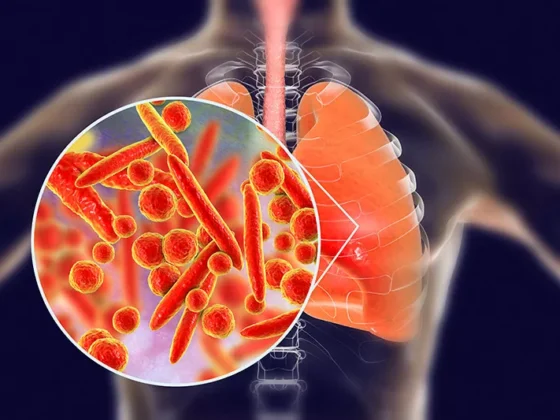Lighting coils to avoid mosquitoes is prevalent across the world. However, a study shows mosquito coils might be more dangerous than cigarettes, and burning mosquito coils in a closed space can elevate indoor levels of pollutant levels. Experts claim that it can lead to Chronic Obstructive Pulmonary Disease (COPD) in the future. The findings of the study reveal that pyrethrum paste is used to make typical mosquito coils and sticks and modern coils have either pyrethroid insecticides or plant-based elements like citronella.
Mosquito coils are inexpensive, handy, and generally efficient in preventing mosquito bites. Some coils have insecticides that will destroy mosquitoes and some have fragrant elements that can deter mosquitoes or reduce the odds of mosquito bites. The study has been published by the University of Sydney.
A review of nearly 15 previously printed studies highlights that no evidence proves that lighting insecticide-based mosquito sticks can prevent malaria. Many studies point out that burning mosquito sticks do not reduce the risk of dengue. Experts say that burning mosquito coils indoors might be linked to negative health effects. A 2019 study released in the journal SN Applied Sciences showed that burning mosquito coils might result in respiratory-related ailments and cardiovascular problems. It can cause potential carcinogenicity as well. Health experts often caution that an individual breathing one mosquito coil or sticks is equivalent to smoking 100 cigarettes.
Dozee Partners with ANEI to Revolutionize Patient Care in India | ALSO READ
Household pollution leads to nearly 4.3 million mortalities
The World Health Organization (WHO) says that household pollution leads to nearly 4.3 million mortalities yearly across the globe. A report shows that burning mosquito sticks daily in a closed space at night can lead to breathing issues and troubled sleep. It might result in issues such as redness and irritation, burning eyes, triggered asthma, vomiting, and nausea. At times, it can cause coughing stints, continuous sneezing, wheezing, and a painful throat. Furthermore, lasting exposure to mosquito stick smoke can result in asphyxia. Gases found in mosquito sticks smoke can liquefy in the bloodstream, increasing the risk of fatal carbon monoxide poisoning.











